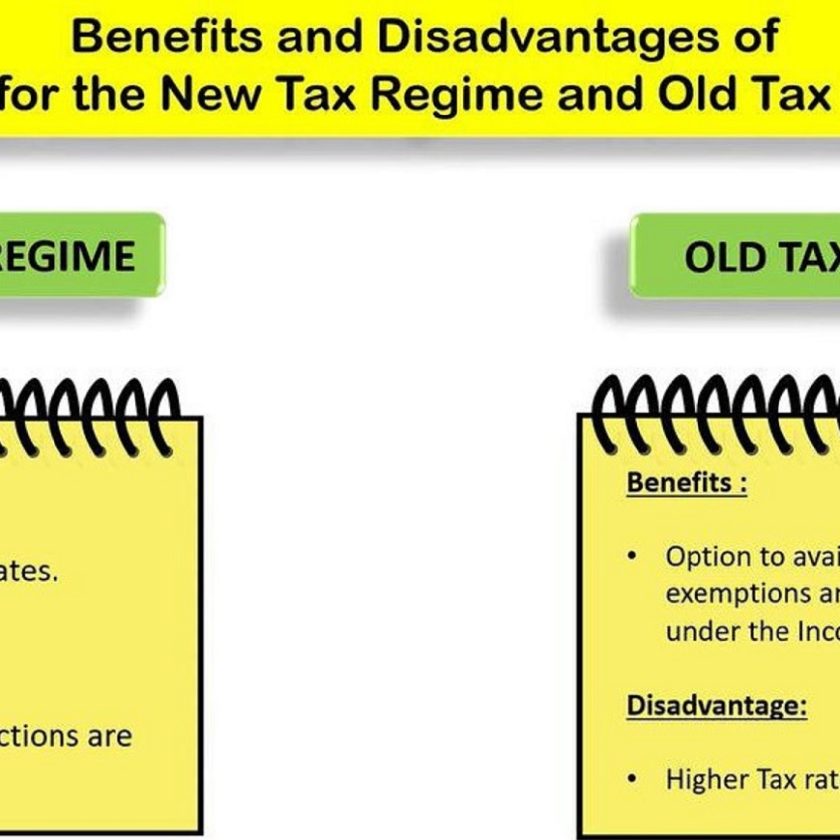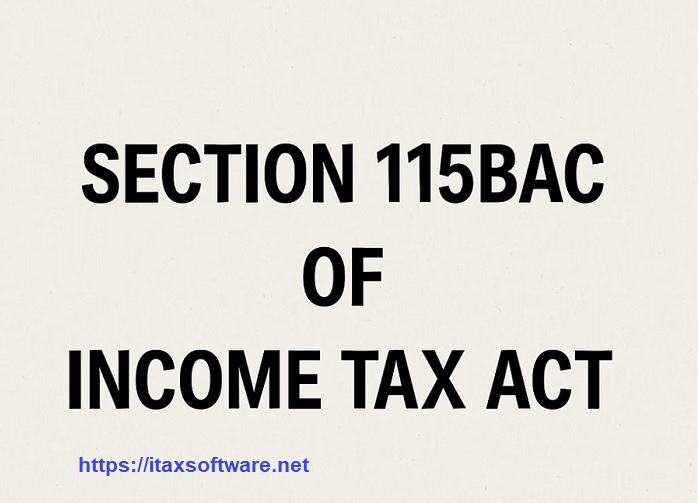[ad_1]
The US, Japan, Canada and Thailand have questioned both of these measures and requested consultations with India on the use of a peace clause to exceed the 10% limit on support given to its rice farmers, along with Uruguay .
“They are trying to test the limits of the peace clause as the recent ministerial result did not give any clarity on this and did not suggest a permanent solution to the food stock,” an official said.

“They said the ban has already caused a stir in the food market,” said another official based in Geneva. Japan, Brazil, Paraguay, Switzerland and Thailand also raised questions about India’s wheat and rice policies at the first agriculture meeting. 12th Ministerial Conference of the World Trade Organization (MC12) earlier this month, the person said.
Responding to questions raised this week on wheat export restrictions by the US, EU, UK and Canada and their doubts whether such a measure was necessary, New Delhi said it is not a major wheat exporter and its restrictions will not have a significant effect. at international market prices.
India had banned wheat exports on May 13 to control rising domestic prices. Russo-Ukraine War, However, it allowed exports against valid irrevocable debentures issued on or before May 13 as a transitional arrangement.
Above Global wheat prices rose 6% on the first day of trading on Chicago Board of Trade wheat futures after Western countries claimed India’s announcement, a Geneva-based official said.
“They also doubted whether such a measure was necessary as institutions including the USDA estimated India to produce around 100 million tonnes of wheat in FY 2013, which is the average annual volume of production from 2015-20,” the official said. More than.”
India argued that it was unfair to blame it for the rise in global wheat prices as they were mostly driven by the behavior of large buyers.
The US alleged that Bangladesh was a victim of India’s move into international markets as it had earlier paid less than $400 a tonne for Indian wheat, but is now being pushed to buy from more expensive vendors.
[ad_2]
Source link



